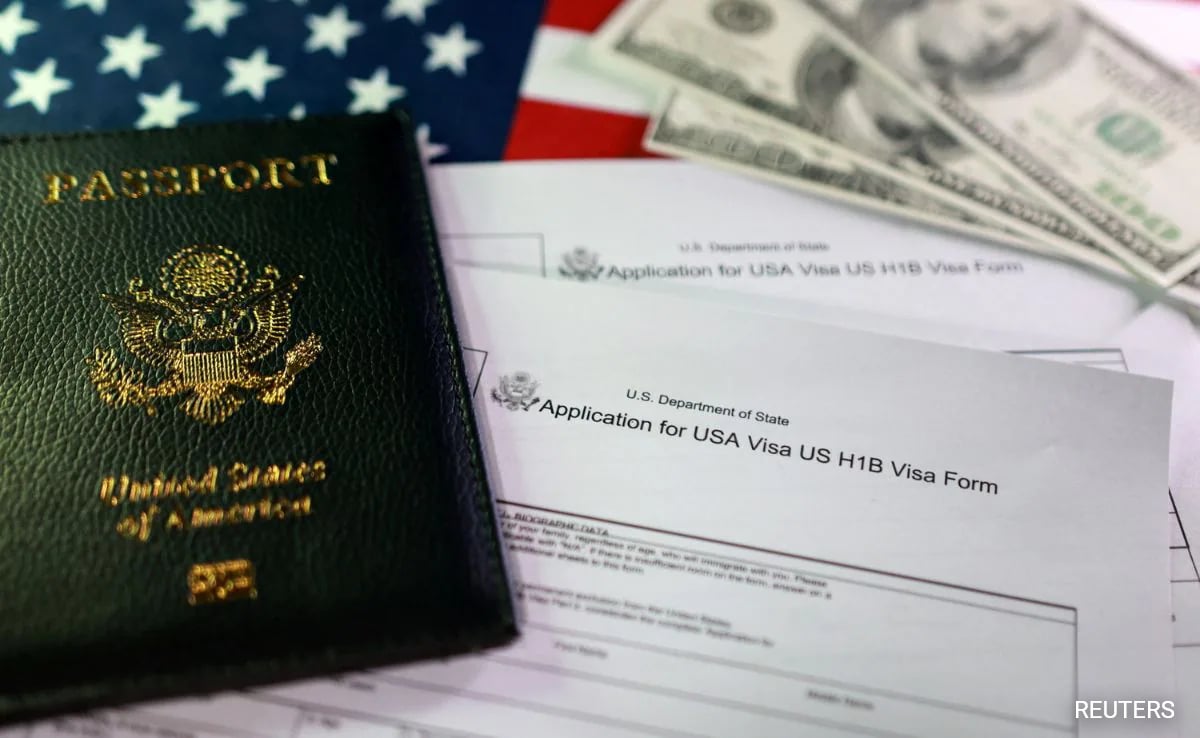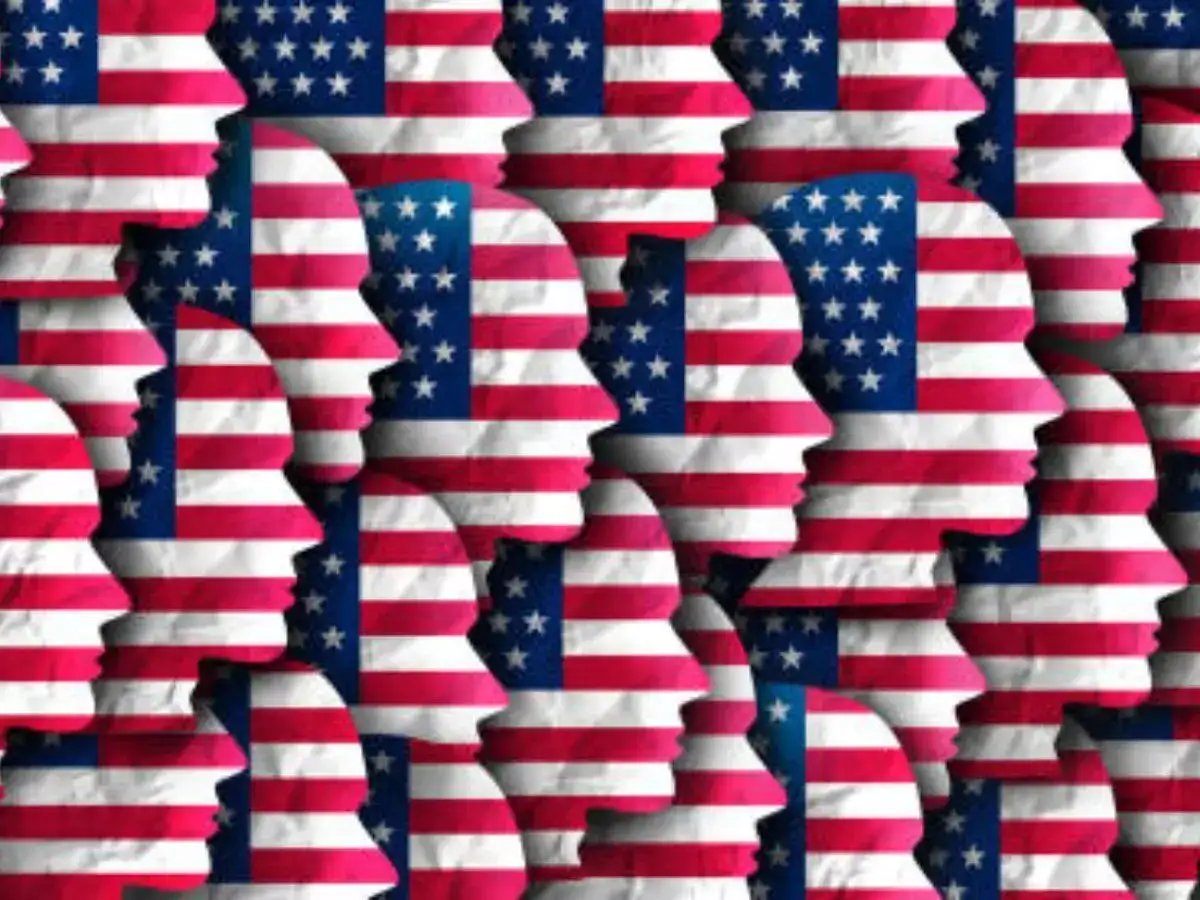H-1B Visa Fee Lawsuit: US Chamber Challenges Trump Administration's $100K Charge
This lawsuit represents a critical legal battle that could redefine the cost and accessibility of the H-1B visa program for U.S. employers and skilled foreign talent.

Subscribe to our newsletter and stay informed about latest H1B news, policy updates and and other developments.
Article Summary
The US Chamber of Commerce has filed a federal lawsuit against the Trump administration, challenging a newly imposed $100,000 annual fee for new H-1B visa applications. The Chamber argues the fee is unlawful, exceeds executive authority, and would significantly harm American businesses. The lawsuit seeks to block federal agencies from enforcing the charge, which is set to expire after one year but could be extended.
Original Article: ndtv.com
[ Sentiment: neutral | Tone: factual ]
This summary and analysis were generated by TheNewsPublisher's editorial AI. This content is for informational purposes only; it does not constitute legal or immigration advice.
[ Sentiment: neutral | Tone: factual ]
This summary and analysis were generated by TheNewsPublisher's editorial AI. This content is for informational purposes only; it does not constitute legal or immigration advice.
TNP AI: Key Insights
This legal challenge is crucial for businesses relying on H-1B talent, as a $100,000 fee would make the program prohibitively expensive, potentially forcing companies to rethink their workforce strategies and hindering their ability to fill high-skilled roles. For individual H-1B applicants, this fee could drastically reduce the number of sponsored visas, making an already competitive process even more challenging.
Prior to this proclamation, H-1B visa application fees were typically less than $3,600, highlighting the unprecedented scale of the proposed $100,000 charge. This stark increase represents a significant departure from historical fee structures designed to cover administrative costs, moving towards a measure that critics argue is punitive.
For tech companies, which are major users of the H-1B program, the fee would either dramatically inflate labor costs or severely limit their ability to hire specialized foreign talent, potentially impacting innovation and global competitiveness. Smaller businesses and startups, especially those outside the tech sector like healthcare or education, would find it nearly impossible to utilize the H-1B program at this price point, exacerbating skill shortages.
The outcome of this lawsuit will set a precedent for the executive branch's authority to unilaterally impose substantial visa fees, potentially influencing future immigration policy changes. Regardless of the ruling, this action highlights the ongoing volatility and legal scrutiny surrounding the H-1B program, signaling continued uncertainty for employers and visa holders.




